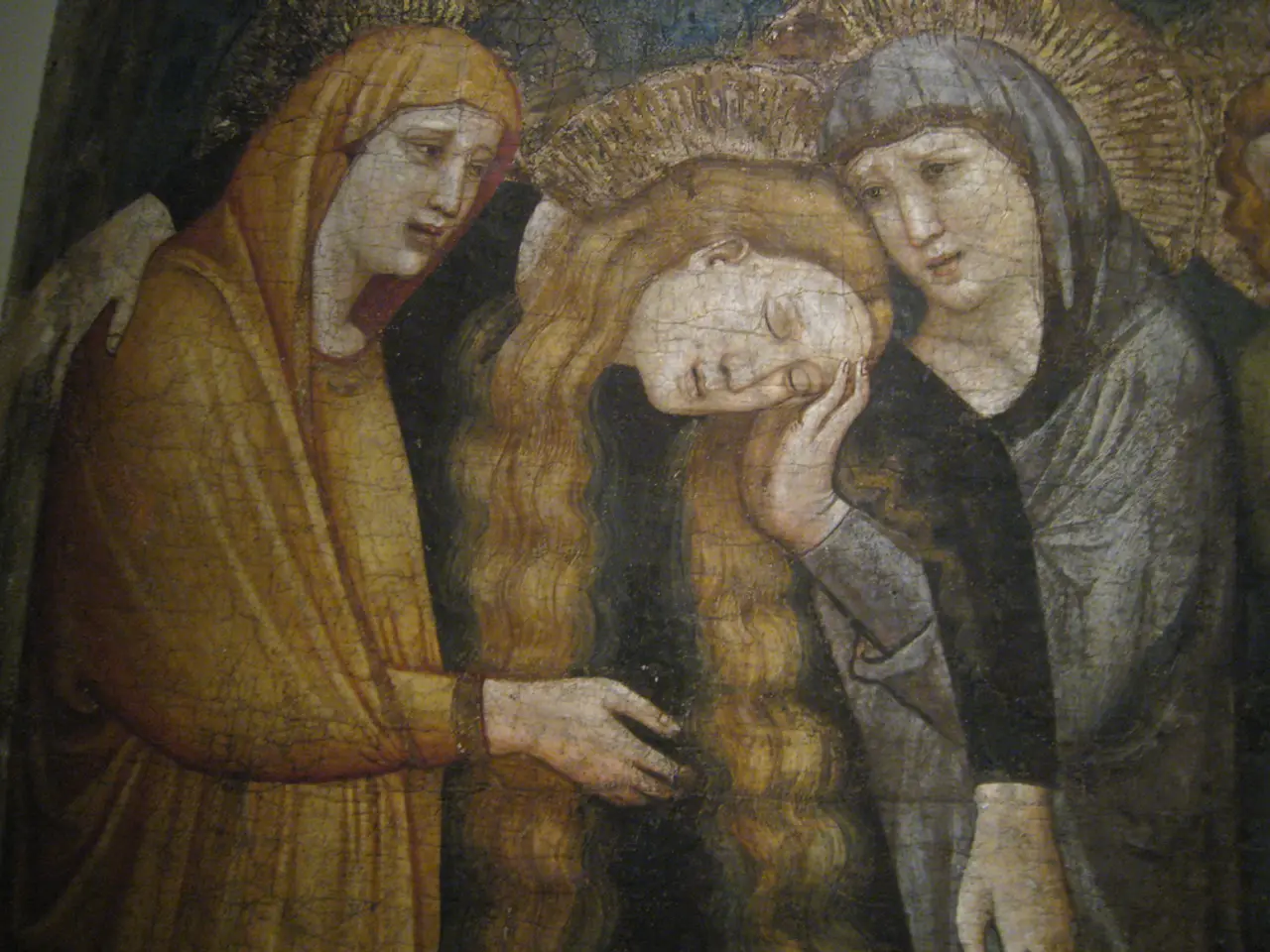Tracking the diminishing creative liberties in Brazil through a digital medium
The cultural sector in Brazil, making up 3.11% of the country's GDP, has been a source of national pride. However, it has failed to provide better living conditions for artists, and the issue of artistic censorship has come to the forefront.
One of the latest controversies revolves around the m.a.n.i.f.e.s.t.a show, due to reopen on March 15, 2023, at the Palácio das Artes in Minas Gerais. The show, inspired by the "Pau-Brasil Manifesto" by Oswald de Andrade, was abruptly closed. The decision was met with criticism from dancer Marise Dinis, who claimed to have a signed contract for the 2023 performance.
The Art Censorship Observatory, created by Nonada Jornalismo in 2019, has been documenting attacks on artistic freedom in the country. The Observatory considers the closure of the m.a.n.i.f.e.s.t.a show as another example of this trend. The Queermuseu case, which led to the creation of the Observatory, was also marred by censorship. The exhibition, which included works by Lygia Clark, Cândido Portinari, and Adriana Varejão, among others, was accused of being apologists for zoophilia and pedophilia, and of blasphemy against religious symbols.
The governor of Minas Gerais, Romeu Zema, has been a supporter of former president Jair Bolsonaro. His connection to the 2023 cancellation of the m.a.n.i.f.e.s.t.a show is through the state government he leads.
The vandalism and shutdown of artworks portraying Marielle Franco, a Rio de Janeiro councilor murdered in 2018, have been a recurring issue. At least 14 such works were vandalized or shut down between 2018 and early 2023, across the states of São Paulo, Paraná, Rio de Janeiro, Minas Gerais, Ceará, and Rio Grande do Norte.
Private companies, such as Santander Bank and Shalom Events, have also played a role in censorship by withdrawing sponsorship or canceling performances. Capoeira, a cultural expression typical of enslaved people in Brazil, has also faced discrimination. Criminalized until 1937, it continues to face prejudice.
Thais Seganfredo, editor at Nonada and co-creator of the Art Censorship Observatory, states that censorship prevents people from accessing works of art or artistic inventions. Denise Dora, a lawyer specializing in art censorship cases, notes an organization of the conservative sector in Brazilian society since 2016.
The Clovis Salgado Foundation suggests that the canceled m.a.n.i.f.e.s.t.a show can be revived with new financial resources. However, the future of artistic freedom in Brazil remains uncertain. With 2.7 million people who work in the cultural sector in Brazil being informal, and without guaranteed labor rights, the fight for artistic freedom is a critical one.
Read also:
- Impact of Alcohol on the Human Body: Nine Aspects of Health Alteration Due to Alcohol Consumption
- Understanding the Concept of Obesity
- Tough choices on August 13, 2025 for those born under Aquarius? Consider the advantages and disadvantages to gain guidance
- Microbiome's Impact on Emotional States, Judgement, and Mental Health Conditions








